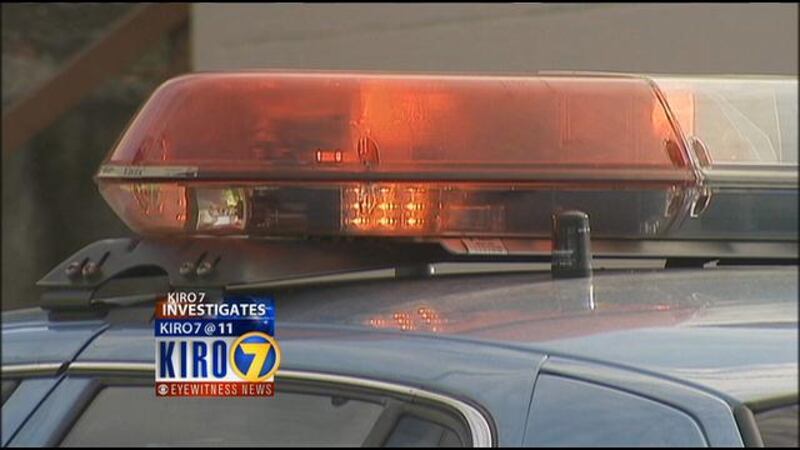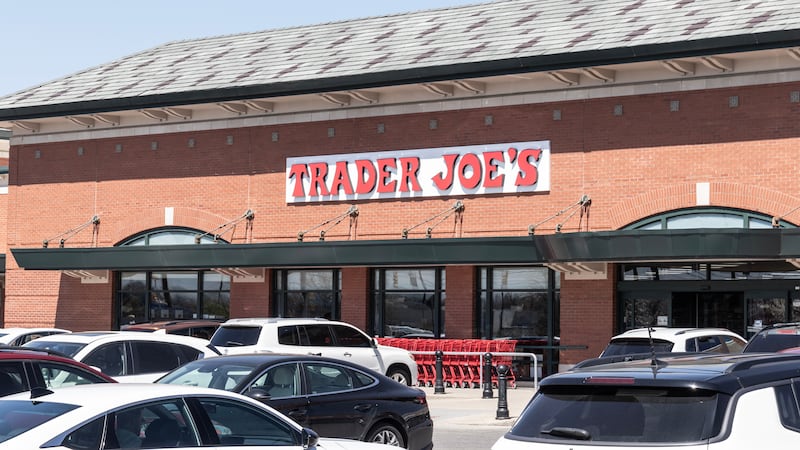SEATTLE — An independent review of the Seattle Police Department 911 communications center found critical problems in service, including busy signals for callers and software freezing up. Thursday night, Dispatchers said they have been frustrated with the problems for years.
Seattle police launched a review of the 911 system after complaints from the public about property crime and wait times.
“Getting a busy signal when you call 911 is really unacceptable,” Sgt. Sean Whitcomb said. “When people call 911, there's an expectation that they're going to have their call answered.”
In addition to finding that some 911 callers receive a fast busy signal and do not connect, the report also stated the center’s “computer-aided dispatch system froze several times a week on average.”
It said staff members were reduced to writing the information on paper slips that they then took to radio dispatchers and “doing a daily hard reboot to each terminal.”
“It’s absolutely a problem,” Whitcomb said. “Technology doesn’t exist to hinder the workflow.”
Brad Renton, a Ballard resident, said he’s heard 911 complaints from neighbors.
He said he waited three hours after being assaulted and that police never showed up, but only called back.
Renton helped initiate private neighborhood patrols by an off-duty law enforcement officer and frequently walks the neighborhood with others.
“I’m afraid, in some respects, we’re circumventing (the 911 system). Not that it isn’t a good system. It’s a great system and I support it wholeheartedly and I support SPD wholeheartedly. I just want it to work better.”
Whitcomb said Seattle police are already working on solutions.
He said they’re addressing the busy signals by adding phone lines and switching from copper wires to newer technology that will add more capacity.
As for the software freezing up, he said SPD’s new chief information officer, Greg Russell, is reviewing all systems.
“This is tech-savvy Seattle and there are expectations that the police department here is going to be using the best technology available to provide basic services to the community,” he said.
The report also highlights delays in calls being dispatched because of shift changes. Whitcomb said shifts have an one-hour overlap.
It also cites the fact that the staffing level at the 911 center is the same as it was 20 years ago.
Seattle Police dispatchers said they have been “sounding the alarm” about problems with the department’s 911 system for years.
Dispatcher Brian Smith said it is not uncommon for he and his colleagues to work 12-hour shifts because of the lack of manpower.
“If you can imagine taking 911 calls for 12 hours, it's emotionally taxing and a technically complex job,” Smith said.
The King County Sheriff's Office uses a different dispatch system it upgraded about two years ago.
“It's been working for us fairly well,” said Sgt. Stan Seo. “We haven't had the problems SPD is experiencing, but I know they are addressing those problems.”
Seo also said that like Seattle Police, staffing has remained stagnant in the Sheriff’s dispatch center. However, his office has come up with a solution that helps deal with increasing call volume. The department tracks when they tend to get the most 911 calls, and staffs according to what the stats show to be appropriate levels for busy and slow times.
The Seattle 911 communications center is separate from the King County Sheriff’s Office dispatch, which handles calls for Beaux Arts Village, Burien, Carnation, Covington, Kenmore, Maple Valley, Metro Transit, Newcastle, Sammamish, SeaTac, Shoreline, Skykomish, Woodinville, Unincorporated King County, Metro Transit Police, King County Airport Police, and King County Animal Control.
Want to talk about the news of the day? Watch free streaming video on the KIRO 7 mobile app and iPad app, and join us here on Facebook.
KIRO








